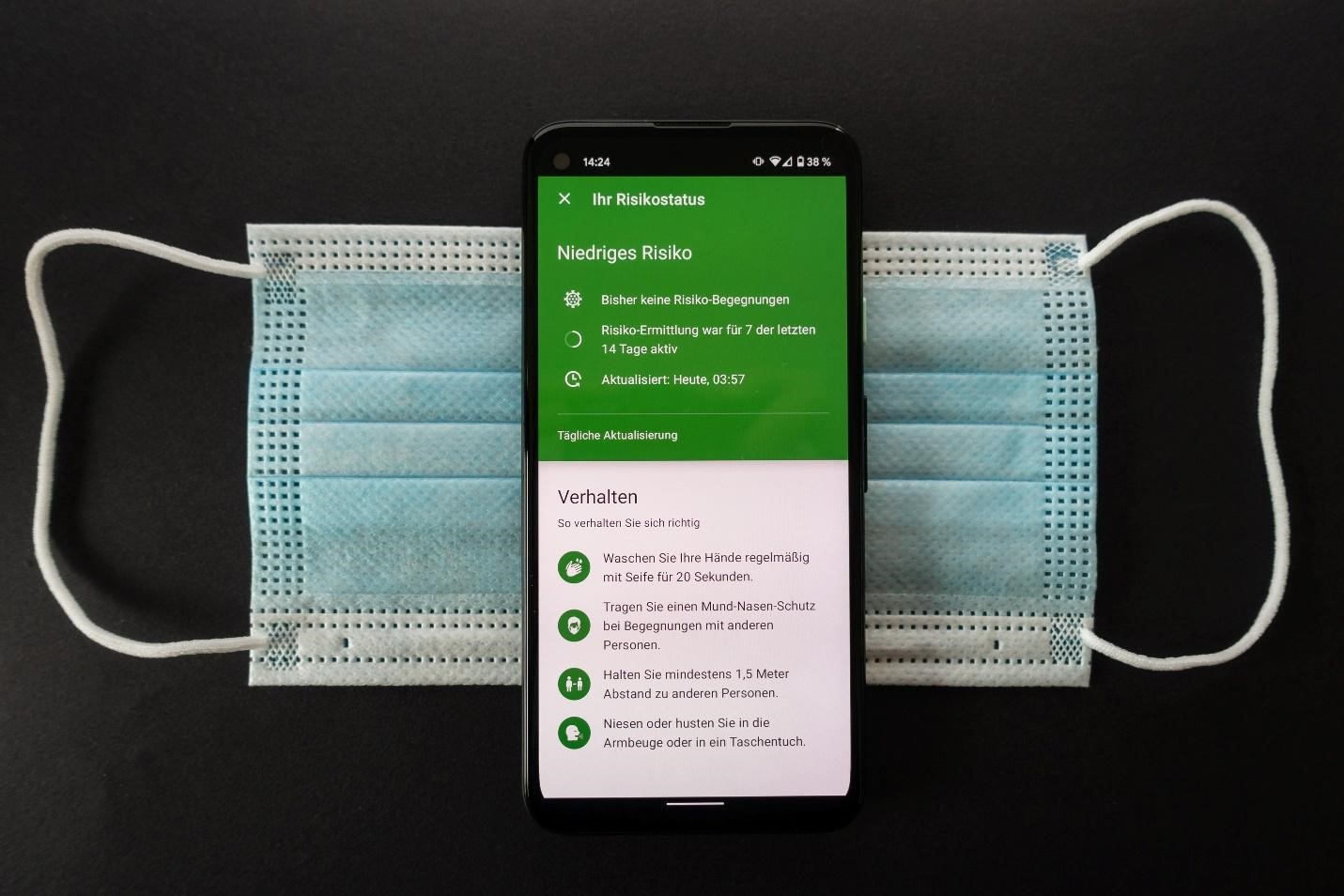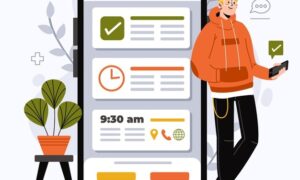Since the Covid-19 pandemic began, many countries have organized and designed digital apps that aim to identify people infected with the virus and stop the transmission. In an ideal world, this will help us get back to normal, right?
But these tracing apps collect data to protect users’ privacy. Studies have been made on a handful of nations and showed that these apps can actually prevent infections and are appreciated by the public. Should we approve the app or not? Epidemiologists are still evaluating the efficiency of these apps.
Unfortunately, researchers say that the apps won’t literally control the pandemic and bring everything back to normal in no time. But this doesn’t make them useless – the apps can be very helpful if they are correctly integrated into public-health systems.
These tracing apps are installed on people’s smartphones – you must use Bluetooth to detect when you’re 2 meters closer to an infected person. You’ll be notified whenever someone tested positive comes into contact with you. You can then get tested and quarantine, depending on the result. This way, we will all help to prevent spreading the virus. Digital technology is widely used to help limit the spread of the virus. Let’s take a closer look at all the countries that have their own app to trace the virus.
China
Since the pandemic started, the Chinese government tried to find many effective options to stop spreading the virus. After a while, health apps have been introduced to the public, which shortly becomes a crucial element of China’s population to prevent a second wave of coronavirus infections. How do these apps work? Generally, users scan the QR codes so they can share information about their health grades. When should they scan the QR codes? Whenever they board trains, buses, enter airports or go to work. How to notice if you’re infected? There are different colors on the app which indicate the levels of risk.
- Green code – the green code means unrestricted movements
- Yellow code – the yellow code will quarantine the person for 7 days
- Red code – the red code means that the person is infected and requires 14 days of quarantine
More, these apps can show whether users have been in contact with infected people in the past.
Australia
Since the number of infections started to increase across the world, Australia didn’t wait anymore and launched apps for tracing those who have been in contact with infected patients. However, citizens were concerned about the fact that these smartphone apps may invade their privacy. But you should not worry: these apps are made to protect you; they’re not meant to cause you any trouble or inconvenience. Your mobile phone will send you a notification whenever an infected person is close to you (1.5-meter range).
India
The Indian government couldn’t overlook it but launched a similar smartphone app to help track the Covid-19 patients and people that come in contact with them. According to research, the app recorded millions of downloads until now. The app is called AarogyaSetu and is available on Android and iOS. What’s more, it is available in 11 languages, and Bluetooth technology allows you to check whether there is a Covid-19 case near you.
Italy
Ass Italy was the country with the most infected rates, the country worked really hard to find effective measures and guidelines for the population. Now, Italian people may download contact tracing apps and see if they may come in contact with a confirmed case. This will help the country to bring back the normalcy which we all have been used to our entire lives. The app has a clearly defined goal – to stop spreading the virus across the world.
South Korea
South Korea was the first country that experienced a Covid-19 outbreak which resulted in using huge testing and technology to develop a strategy for controlling the number of cases nationally. Thus, a contact tracing system was created to run through people’s smartphone apps and help the authorities examine the people in quarantine and the movement of infected patients across the country. The country is also beginning to give electronic strapping wristbands for that home quarantine. Those who refuse to use the bands could be moved to a shelter, and be required to pay for themselves, which is not a much better option.
Germany
Germany’s tracing app is going viral! The tracking app is becoming significantly popular and compatible with networks outside the country. The app started to grow in importance since the infection rates increased. It has become a routine for a significant number of Germans to wake up, grab their phones, and check the app: low risk, no exposure to risk. But things aren’t always as clear and simple: some people found on the app that they were exposed to infected people. So, it means that they’ve been tested or go into quarantine.
The good news is that the app is just meant to protect everyone’s safety. The app is optional and anonymous for every user. So far, up to nine million of Germans downloaded the app, and about 15 million of them are active users. With the number of infections increasing in the country, health experts are convinced that more and more people will download the app, which makes it relevant for everyone to fight off the spreading of the virus. However, downloading and using the app remains voluntary. Although it’s hard to say that there are still people who don’t own a smartphone, or a device that can be compatible with the app, there is some good news:
The EU developed an interface that can allow national tracking apps to function abroad. If you test positive for Covid-19, the app will help you alert other people, and don’t worry because this is done anonymously. If you’re not comfortable with it, no one will know that you tested positive. But this will protect your close contacts to get infected too. Hopefully, this app and other future versions will make it accessible for everyone.

































































